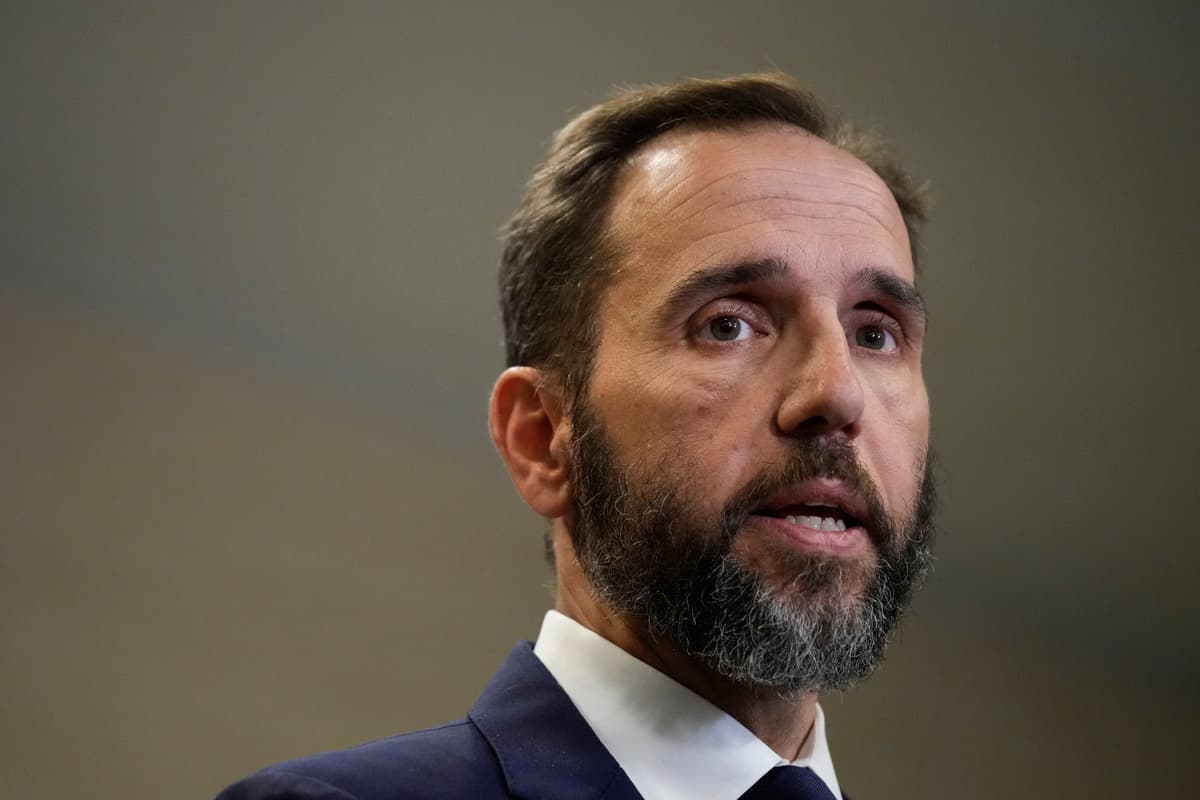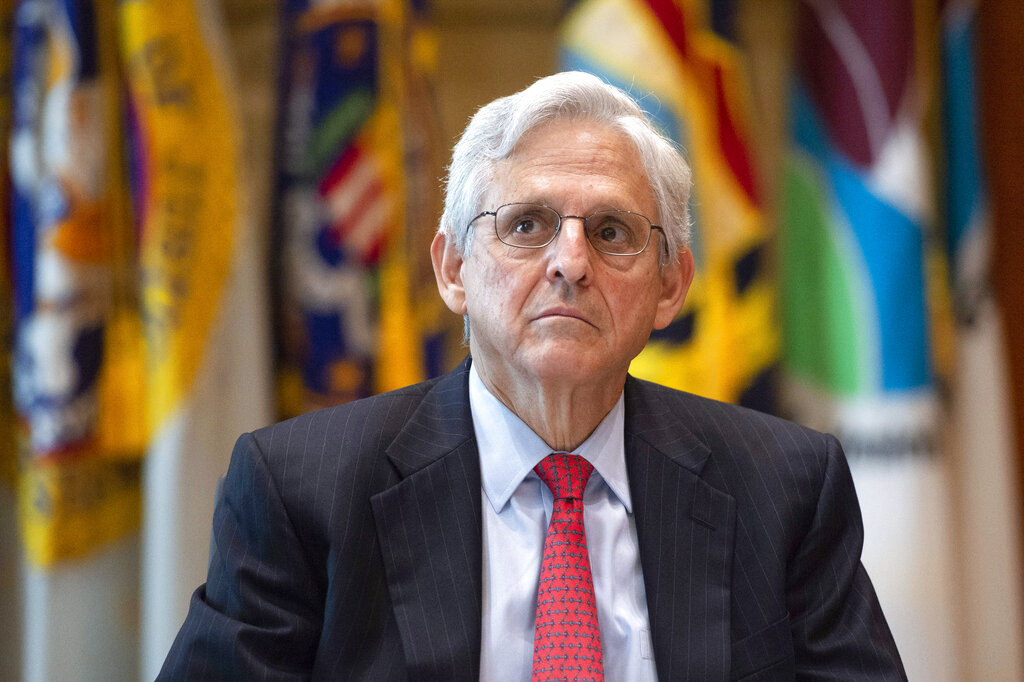Jack Smith’s Secret Strategy To Convict Trump for January 6 Could Focus on the Second Most Powerful Court in America
The riders of the District of Columbia appeals circuit could help the special counsel keep his job.

The District of Columbia Circuit of the United States Court of Appeals could prove to be one of Special Counsel Jack Smith’s most faithful ally in ensuring his January 6 case against President Trump reaches a verdict.
The federal appellate court in the nation’s capital is sometimes called the second most powerful in America. Its jurisdiction comprises the agencies of the federal government, meaning that its decisions help shape policy at scale. Four of the nine Supreme Court justices, including Chief Justice Roberts, acceded from this circuit.
The Chief Justice supervises the D.C. Circuit, but he also overruled it in Trump v. United States. He authored the majority opinion in that landmark immunity case, which granted presumptive protection to presidents for all of their official acts. A panel of the lower court had upheld Judge Tanya Chutkan’s determination that presidents are entirely bereft of such protection. The district court judge reckoned that presidents are not owed the “divine right of kings.”
The Supreme Court overruled the three circuit riders who would have denied Trump immunity, and returned the case to Judge Chutkan’s district courtroom to determine which actions alleged by Mr. Smith are immune and which are fair game for prosecutors.
Judge Chutkan’s decisions, though, will be subject to appeal — to the D.C. Circuit. That means that the appellate riders will have the opportunity to weigh how much of the case can go to trial. If the high court demurs from further involvement, the Circuit could have the final word.

The D.C. Circuit’s first ruling on the subject was unanimous and per curiam, meaning that it was proffered as an opinion of the court itself. Its three authors comprised two appointees by President Biden — Michelle Childs and Florence Pan — and an appointee of President H.W. Bush, Karen LeCraft Henderson.
They ruled that “It would be a striking paradox if the President, who alone is vested with the constitutional duty to ‘take Care that the Laws be faithfully executed,’ were the sole officer capable of defying those laws with impunity.” Whether they’ll now bow to the Supreme Court remains to be seen.
The D.C. Circuit could come to Mr. Smith’s aid on another issue as well — the constitutionality of his own appointment by Attorney General Garland, who served on the D.C. Circuit for more than two decades. Judge Aileen Cannon, in the Southern District of Florida, has already ruled in the Mar-a-Lago case that the special counsel’s hiring was unlawful, a defect that she reckoned could be remedied only by a dismissal of charges. Trump has signaled that he plans to mount a similar challenge in the January 6 case.

Judge Chutkan, in a hearing last Friday, ventured that she is “not particularly impressed” with Judge Cannon’s ruling, but she added that the decision might not be hers to make because it has already been decided by the D.C. Circuit. In a case from 1987, the Circuit rejected a challenge mounted by Lieutenant Colonel Oliver North to the appointment of Lawrence Walsh as an independent counsel for the Iran-contra investigation.
The panel, which included a future justice, Ruth Bader Ginsberg, wrote that it had “no difficulty concluding that the Attorney General possessed the statutory authority to create the Office of Independent Counsel.”
Judge Cannon ruled that General Garland did not possess this authority, notwithstanding a Supreme Court case, United States v. Nixon, that determined that the attorney general possesses the “power to appoint subordinate officers to assist him in the discharge of his duties.”
The Florida jurist discerned that to be non-binding. She appears to share that opinion with another alumnus of the D.C. Circuit, Justice Clarence Thomas. He declared that “a private citizen cannot criminally prosecute anyone, let alone a former President.”
If Judge Chutkan and the D.C. Circuit reject the challenge to Mr. Smith’s appointment, the 45th president could ask the Supreme Court to weigh in. The justices, though, are likely to hold off until another Circuit, the 11th, hears Mr. Smith’s appeal of Judge Cannon’s decision. Once that comes down, the high court could reckon that the time is right to decide the special counsel question once and for all.

